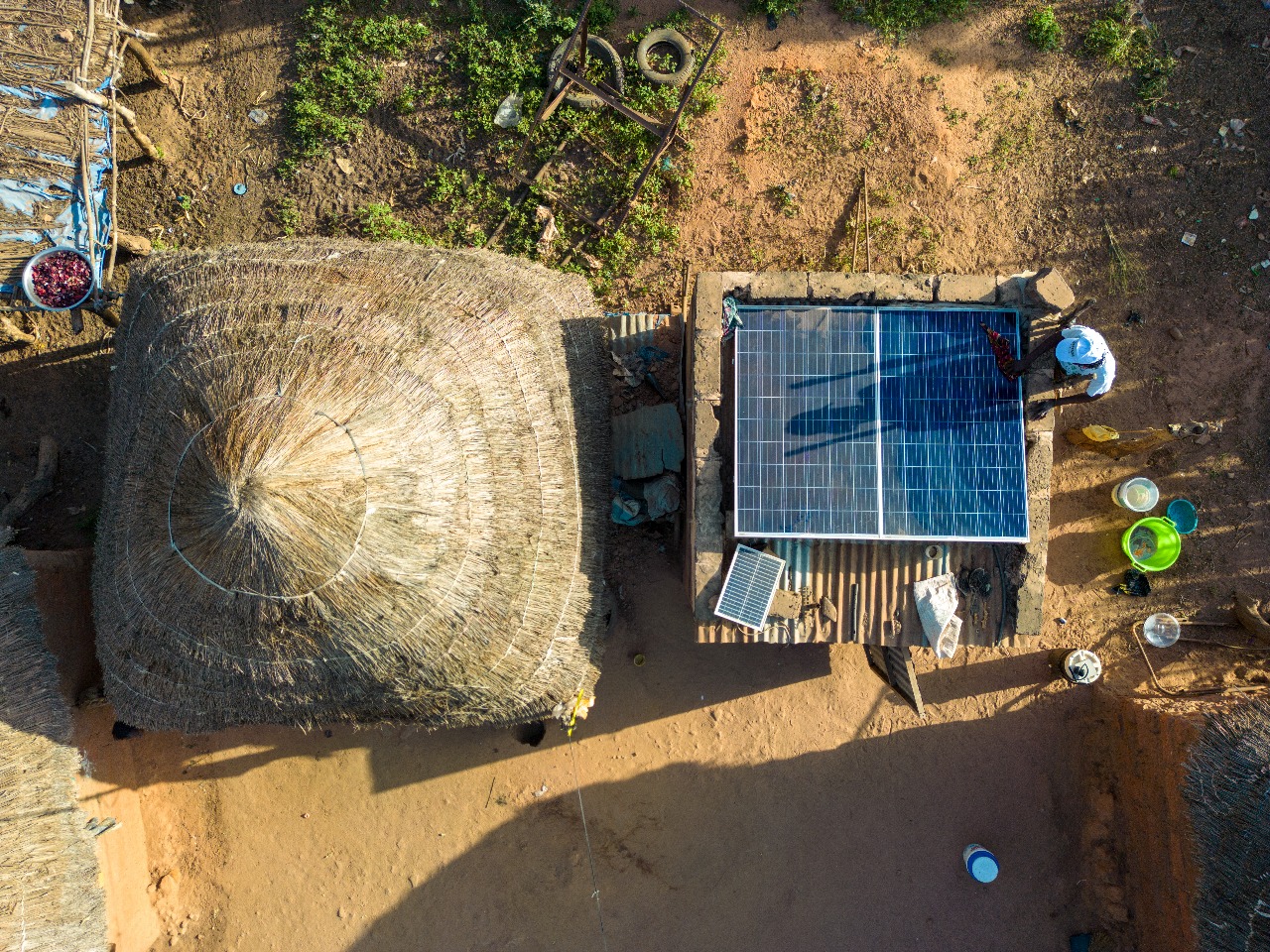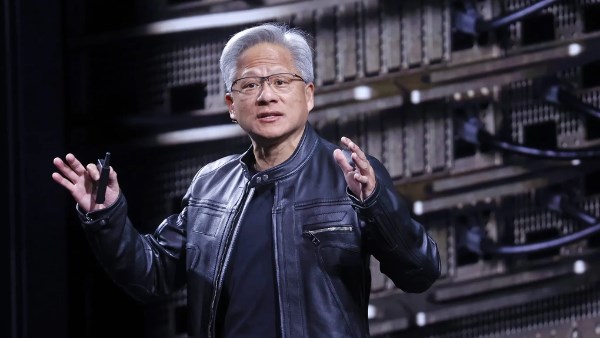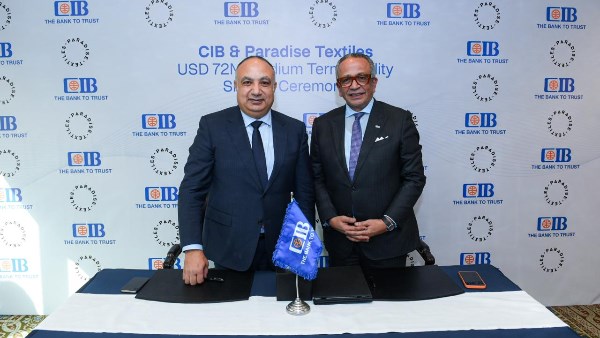
Schneider surpassed its goal of providing access to green and reliable energy to 50 million people
Schneider’s sustainability program heads full speed toward its end-year targets with strong local impact

Schneider Electric, the leader in the digital transformation of energy management and automation, today announced the latest results of its Schneider Sustainability Impact (SSI) program and its financial results for the third quarter of 2024.
Recently recognized as the World’s Most Sustainable Company by TIME and Statista, Schneider Electric’s SSI program monitors and measures the company’s progress across a range of transformative Environmental, Social and Governance (ESG) targets set for 2025. By tracking its sustainability performance and publishing quarterly results, Schneider Electric keeps the momentum for its 11 global and local ambitions and maintains its industry leadership in corporate social responsibility.

At the end of the quarter, the overall Schneider Electric Sustainability Impact (SSI) score came in at 7.29 out of ten, well on track to reach the 2024 end-year target of 7.40, with two major milestones reached:
Schneider surpassed its goal of providing access to green and reliable energy to 50 million people more than one year before its end-2025 target. This was achieved through projects where Schneider’s solar power solutions were installed on public facilities across Africa and India. For example, in Kenya, Nigeria, and India, new hybrid solar solutions were added to health clinics attended by roughly 2 million people, and, in India, over 700 schools were powered by clean energy benefitting around 120,000 students. Schneider is now focused on further ramping up these efforts so that by 2030, cumulatively, 100 million people will have gained access to green electricity since the start of the program in 2009.
Schneider also crossed a key threshold in its efforts to foster learning, upskilling, and development for all generations having now trained over 763,000 people in energy management. For example, Schneider Electric and its Foundation recently collaborated with Enactus, enabling university students from ten countries to develop entrepreneurial solutions that address social issues related to the energy transition.
Furthermore, Schneider made considerable strides in halving the carbon impact of its top suppliers through its Zero Carbon Project, resulting in a 36% reduction of their operational CO2 emissions. This was facilitated by several renewable energy workshops held in the USA, Europe, and China, as well as over 20 specialized webinars aimed at supporting suppliers in their decarbonization endeavors.

“Our achievements this quarter showcase the scale of our impact, with local projects playing a pivotal role in achieving our ambitious goals,” said Xavier Denoly, Schneider Electric’s Senior Vice-President of Sustainable Development. “Despite these great results, our work is far from over. We must further intensify our global decarbonization efforts to mitigate the effects of climate change, benefiting people and planet.”
Schneider Electric, the leader in the digital transformation of energy management and automation, today announced the latest results of its Schneider Sustainability Impact (SSI) program and its financial results for the third quarter of 2024.
Recently recognized as the World’s Most Sustainable Company by TIME and Statista, Schneider Electric’s SSI program monitors and measures the company’s progress across a range of transformative Environmental, Social and Governance (ESG) targets set for 2025. By tracking its sustainability performance and publishing quarterly results, Schneider Electric keeps the momentum for its 11 global and local ambitions and maintains its industry leadership in corporate social responsibility.
Installing solar power solutions
At the end of the quarter, the overall Schneider Electric Sustainability Impact (SSI) score came in at 7.29 out of ten, well on track to reach the 2024 end-year target of 7.40, with two major milestones reached:
Schneider surpassed its goal of providing access to green and reliable energy to 50 million people more than one year before its end-2025 target. This was achieved through projects where Schneider’s solar power solutions were installed on public facilities across Africa and India. For example, in Kenya, Nigeria, and India, new hybrid solar solutions were added to health clinics attended by roughly 2 million people, and, in India, over 700 schools were powered by clean energy benefitting around 120,000 students. Schneider is now focused on further ramping up these efforts so that by 2030, cumulatively, 100 million people will have gained access to green electricity since the start of the program in 2009.
Schneider also crossed a key threshold in its efforts to foster learning, upskilling, and development for all generations having now trained over 763,000 people in energy management. For example, Schneider Electric and its Foundation recently collaborated with Enactus, enabling university students from ten countries to develop entrepreneurial solutions that address social issues related to the energy transition.
Furthermore, Schneider made considerable strides in halving the carbon impact of its top suppliers through its Zero Carbon Project, resulting in a 36% reduction of their operational CO2 emissions. This was facilitated by several renewable energy workshops held in the USA, Europe, and China, as well as over 20 specialized webinars aimed at supporting suppliers in their decarbonization endeavors.
“Our achievements this quarter showcase the scale of our impact, with local projects playing a pivotal role in achieving our ambitious goals,” said Xavier Denoly, Schneider Electric’s Senior Vice-President of Sustainable Development. “Despite these great results, our work is far from over. We must further intensify our global decarbonization efforts to mitigate the effects of climate change, benefiting people and planet.”





-1120252475029447.jpg)















